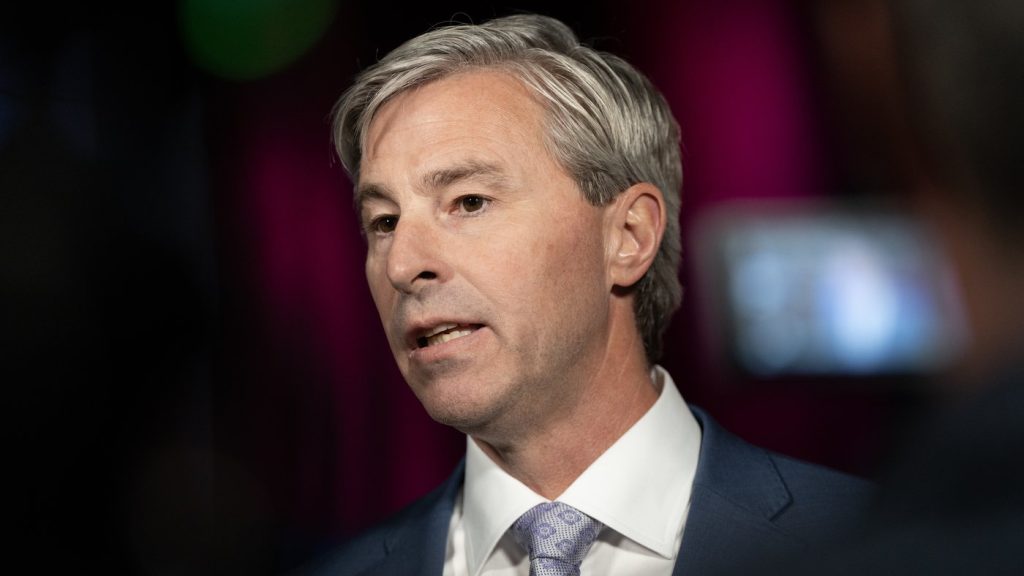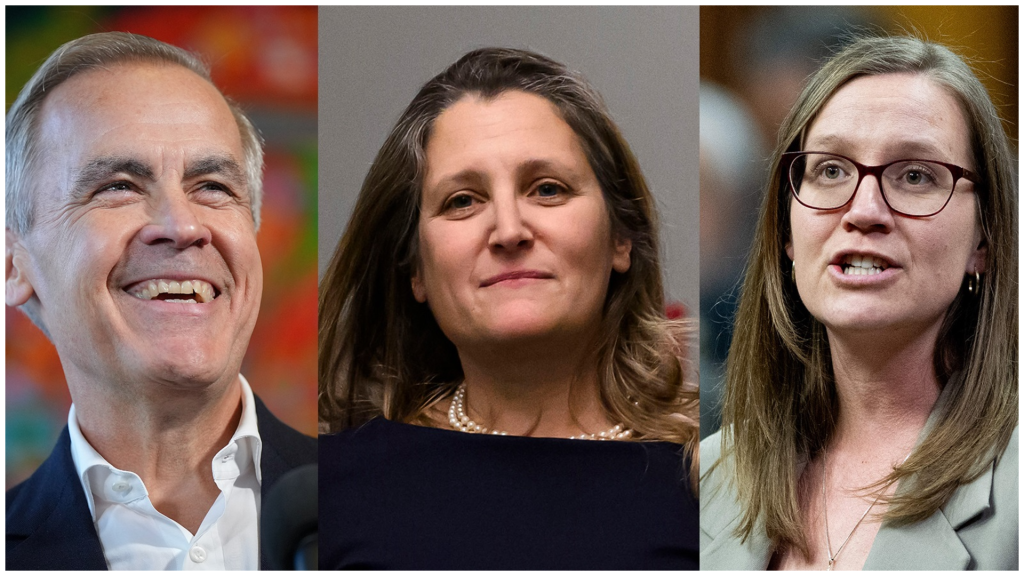Cambodia’s Cabinet approves draft law toughening penalties for denying Khmer Rouge atrocities
Posted Jan 24, 2025 12:54:46 PM.
Last Updated Jan 24, 2025 01:02:03 PM.
PHNOM PENH, Cambodia (AP) — Cambodia’s Cabinet on Friday approved a draft bill that will toughen penalties for anyone denying atrocities were carried out in the late 1970s under the rule of communist Khmer Rouge, whose brutal policies are blamed for the deaths of 1.7 million people.
The Cabinet office said the proposed law aims to prevent the recurrence of such events and to provide justice for victims of the Khmer Rouge.
The seven-article bill, which needs approval by parliament before becoming law, calls for violation of its terms to be punishable by one to five years in prison and a fine of $2,500 to $125,000. It is almost certainly going to pass because the ruling Cambodian People’s Party holds 120 of the 125 seats in the National Assembly.
The draft was issued three months ahead of the 50th anniversary of the Khmer Rouge takeover of Cambodia on April 15, 1975 after five years of civil war.
Under the leadership of the late Pol Pot, the group stayed in power until 1979, when it was ousted by an invasion from neighboring Vietnam. By that time, the radical policies of the group are thought to have been responsible for an estimated 1.7 million deaths from starvation, execution, and illness.
Aside from the few surviving top leaders of the Khmer Rouge and other aging veterans of their movement, few if any Cambodians who lived through those times would deny that the Khmer Rouge were responsible for severe human rights violations on a massive scale.
In 2013 Cambodia enacted a similar law against denying Khmer Rouge atrocities after then-Prime Minister Hun Sen called for the measure. He claimed that a leading opposition lawmaker suggested that some of the evidence of Khmer Rouge atrocities was fabricated by Vietnam. It prescribed terms of imprisonment of six months to two years and fines of $250 to $1,000.
Critics charged the measure was a veiled attempt to attack his political opponents, and allege that the latest proposed legal change has a similar motive. Hun Sen’s government was noted for intimidating its opponents through the courts, which are widely seen by rights groups as allies of the ruling party.
In May last year, Hun Sen, who himself had been a middle-ranking commander with the Khmer Rouge before defecting, suggested that the 2013 law needed to be updated.
Hun Sen, who in 2023 was succeeded as prime minister by his son, Hun Manet, claimed that his political opponents could instigate a “color revolution” — similar to uprisings that had taken place in Ukraine and other former Soviet states — that could lead to a genocidal war in Cambodia.
Hun Sen was prime minister for 38 years and still wields significant political power as Senate president and head of the Cambodian People’s Party.
A U.N.-backed tribunal that launched a series of trials starting in 2009 found that the Khmer Rouge government committed genocide, crimes against humanity and grave breaches of the 1949 Geneva Conventions, in addition to severe violations of Cambodian criminal law, international humanitarian law and various international conventions recognized by Cambodia.
——
Associated Press writer Peck reported from Bangkok.
Sopheng Cheang And Grant Peck, The Associated Press








